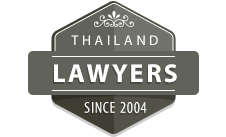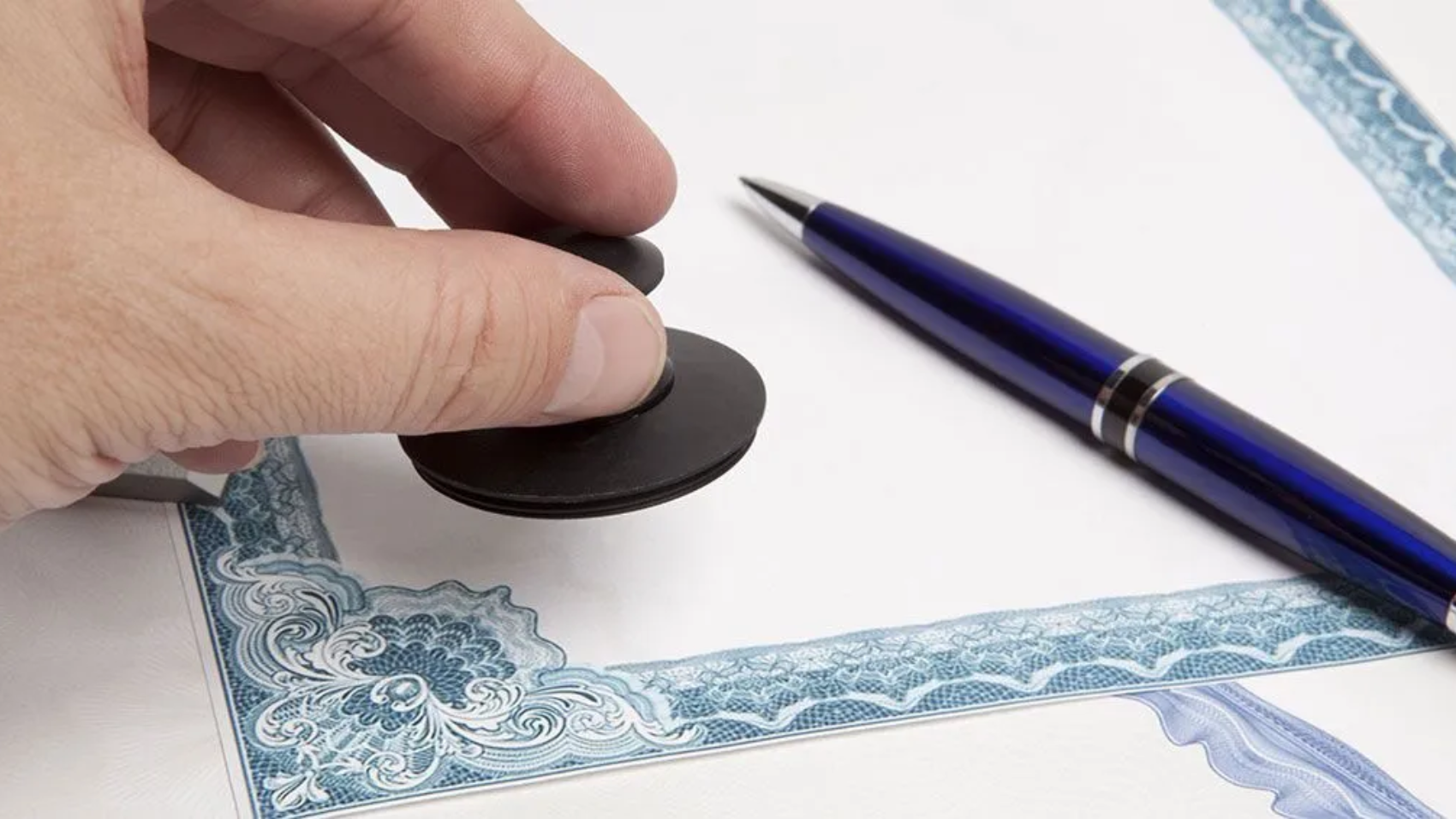Translation Services in Thailand. For foreigners and businesses operating in Thailand, translation and legalization services are crucial for ensuring that documents meet Thai legal standards. Whether you are dealing with personal matters such as marriage or educational certificates or business-related contracts, the accurate translation and legalization of documents are key to avoiding legal complications. This article delves into the types of documents that require translation and legalization, the steps involved in the process, and common challenges that individuals and companies might face.
1. Understanding Translation Services in Thailand
Certified translations are often required for documents intended for official use in Thailand. Thai authorities, such as immigration offices and courts, only accept documents translated into Thai by certified translators recognized by the Ministry of Foreign Affairs (MFA).
a) Types of Documents That Require Translation
- Personal Documents: Marriage and birth certificates, educational qualifications, medical records, and divorce decrees.
- Business and Legal Documents: Contracts, company registration documents, financial statements, and power of attorney documents.
- Court Documents: Foreign court judgments and legal agreements that need to be enforced in Thailand must also undergo translation.
b) Certified Translators
To ensure legal acceptance, translations must be completed by certified translators who are accredited by the MFA. Non-certified translations may be rejected by Thai authorities, leading to delays or complications in legal or administrative processes.
2. Legalization Process in Thailand
Once a document has been translated, it must often be legalized to certify its authenticity for use in legal or official proceedings in Thailand. Legalization is especially critical for documents being used for visa applications, business registration, or court cases.
a) What is Legalization?
Legalization verifies that a document is authentic and properly executed in its original form. This process ensures that translated documents are legally recognized by Thai authorities.
b) Steps in the Legalization Process
- Notarization: The original document must be notarized in the issuing country or by the appropriate authority.
- Authentication by MFA: The translated document, along with the original, is submitted to the Ministry of Foreign Affairs for legalization. The MFA reviews the document to ensure it meets legal standards and stamps it accordingly.
- Embassy Legalization: In some cases, additional legalization by the respective embassy in Thailand is required, particularly for documents intended for use in another country or in international business transactions.
c) Commonly Legalized Documents
- Personal Documents: Birth certificates, marriage certificates, and academic qualifications are commonly legalized for use in immigration or legal processes.
- Business Documents: Contracts, financial statements, and incorporation documents need to be legalized to be valid in Thailand.
- Court Documents: Foreign court judgments that need to be enforced in Thailand must undergo translation and legalization.
3. Challenges in Translation and Legalization
The process of translation and legalization can be complex, particularly for foreigners unfamiliar with Thai legal requirements. Common challenges include:
a) Inaccurate or Non-Certified Translations
Translations that are inaccurate or done by non-certified translators often lead to the rejection of documents. This can cause delays, especially in legal or immigration matters where timely submission is crucial.
b) Delays in Legalization
Legalization, especially when documents need to go through multiple steps (e.g., notarization, MFA approval, and embassy legalization), can take several days or even weeks. Missing required documents or not following proper protocols can further extend the timeline.
c) Bureaucratic Complexities
Each step in the translation and legalization process requires adherence to bureaucratic rules. Incorrectly prepared documents, wrong formatting, or submitting documents without proper seals and signatures can result in rejection, requiring resubmission and prolonging the process.
d) Legal Differences
Legal systems and document standards differ significantly from country to country. Therefore, documents that are legally acceptable in one jurisdiction may need adjustments to meet Thai requirements. This can particularly be a challenge in international business transactions and court cases.
4. How to Choose a Translator and Legalization Service
When selecting a translation and legalization service in Thailand, there are several important factors to consider:
a) Certified Translators
Ensure that the translator is certified by the Thai Ministry of Foreign Affairs and has a proven track record of translating legal and official documents.
b) Specialization
Some translators specialize in legal, business, or medical translations, which can be crucial depending on the type of document. A specialized translator will be more familiar with the specific terminology required.
c) Speed and Reliability
Given the complexity of the legalization process, it’s essential to work with a service provider who can handle both translation and legalization efficiently, providing realistic timeframes for completion.
d) Costs
Translation and legalization fees can vary depending on the complexity of the document and the urgency of the request. Working with a professional service ensures that you get value for your money, with fewer risks of rejection or errors.
Conclusion
Translation and legalization services in Thailand are critical for both personal and business-related legal processes. Whether for immigration purposes, business contracts, or court cases, ensuring that your documents are accurately translated and legally recognized is essential. By working with certified translators and understanding the steps involved in the legalization process, individuals and companies can avoid legal complications and ensure smooth interactions with Thai authorities.

